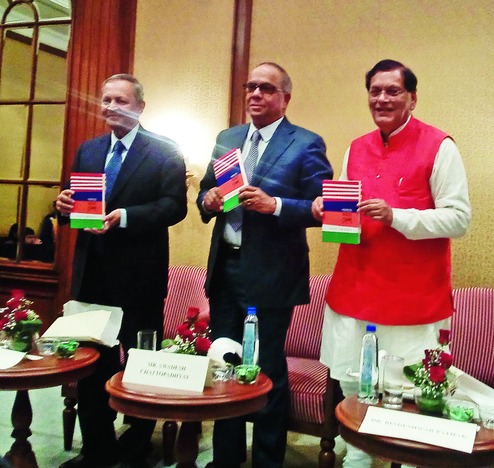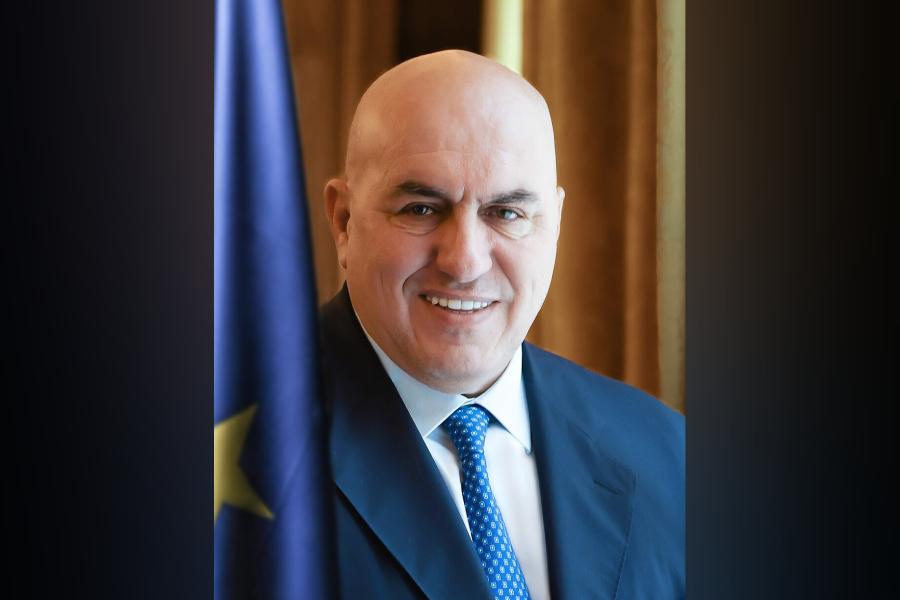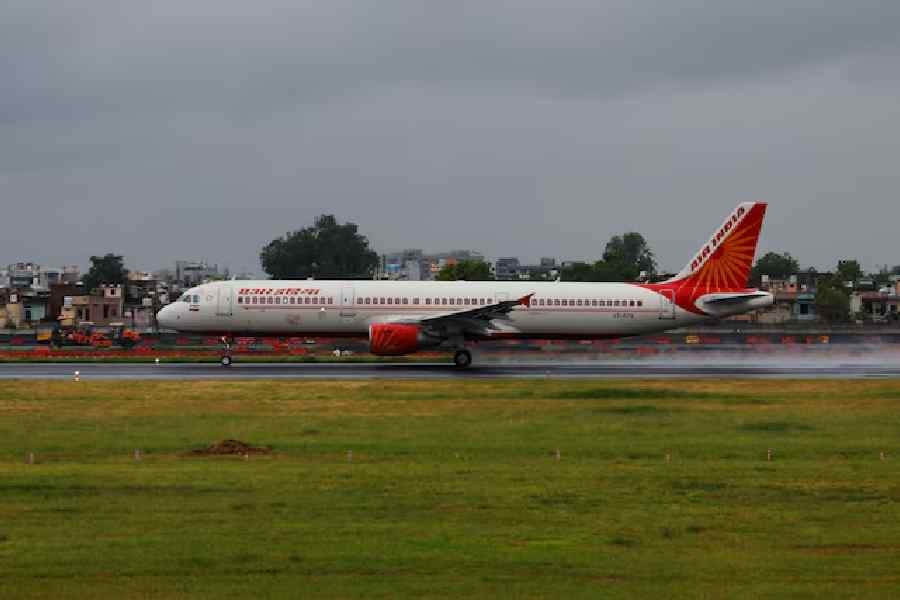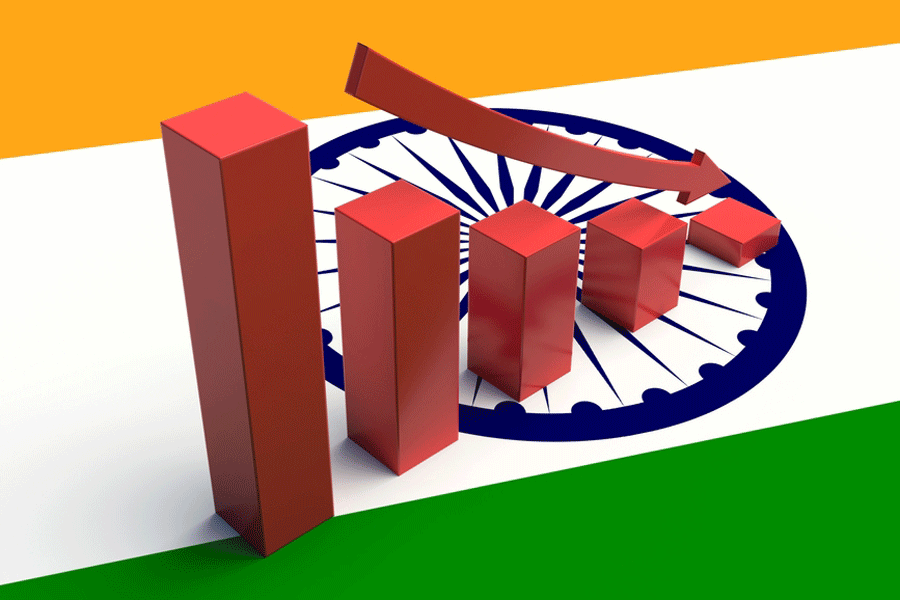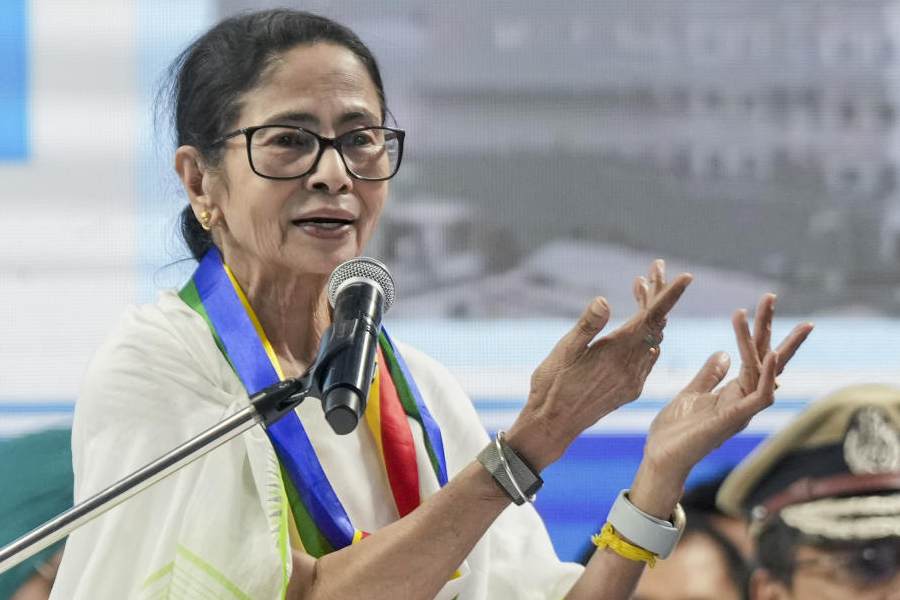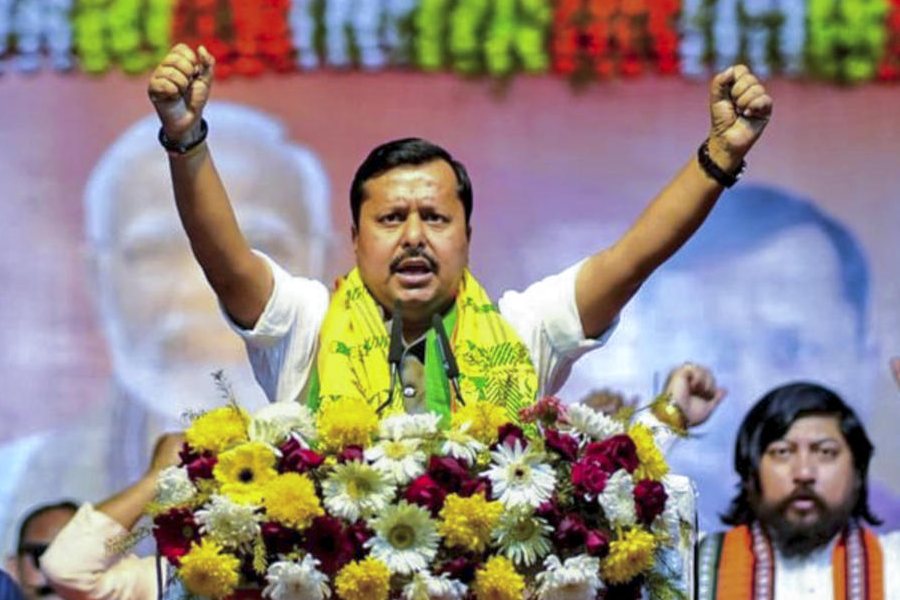
Calcutta: The year was 1998. Pokhran had just made the political climate hotter than a fiery Indian summer. The US, fuming at India's decision to go ahead with nuclear testing, had responded with economic sanctions that would remain in force for the next three years.
What happened in between Pokhran and the thawing of India-US relations is as much the story of Bankura boy Swadesh Chatterjee as it is about the behind-the-scenes activity that led to a historic agreement.
Pawrabashey Aamar Desh, Chatterjee's memoirs, gives an insider's insight into how a meeting arranged by him kickstarted one of the most intense exercises in Indian diplomacy.
"After the Pokhran tests, (former) senator Jesse Helms had said that India didn't just shoot itself in the foot but also through the head. He was stubbornly opposed to India conducting nuclear tests without signing the non-proliferation treaty (NPT)," Chatterjee told Metro the day after the release of his book, published by Ananda Publishers.
Chatterjee's involvement in the initiative was an extension of his role as one of the faces of the Indian American community. He had by then developed a personal equation with some of the top US politicians of the time and believed that he could help defuse the crisis even as a non-government actor.
Chatterjee recalled that the then Prime Minister, Atal Bihari Vajpayee, was to attend a meeting of the United Nations General Assembly in New York in 1998 when he made the first move.
Two days before Vajpayee's arrival, the then foreign minister Jaswant Singh landed in the US for a meeting with Helms, the chairman of the senate foreign relations committee. "I remember that when Vajpayee came, Jaswant Singh introduced me to the Prime Minister and said, 'He arranged the meeting'," Chatterjee recounted.
An entrepreneur whose roots are in Sonamukhi village of Bankura, Chatterjee was in 2001 conferred the Padma Bhushan for his effort.
Ronen Sen, the former ambassador to the US, was part of the gathering at the release of Chatterjee's book at The Oberoi Grand on Friday. "I remember how hard he lobbied with senators and Congressmen to support India's stand," Sen said.
Pawrabashey Aamar Desh is the Bengali translation of Building Bridges: The Role of Indian Americans in Indo-US Relations.
"We told Congressmen that an India-US nuclear agreement would create jobs in companies like Westinghouse and GE. We also met many influential Congressmen and explained to them the need for such a deal," said Chatterjee, who graduated in physics from Belur Vidyamandir before studying engineering at Jadavpur University and getting an MBA degree from North Carolina State University.
Chatterjee's book details how the Indo-US Friendship Council, a small group that he chaired, sent emails and faxes to senators and Congressmen, mentioning the potentially mutual benefits of a rapprochement.
A US citizen since 1993, he describes that initiative as the outcome of something he "felt in my heart".
The book reveals that a day before a hearing on the nuclear deal in the Senate and the US Congress, the friendship council spent $100,000 on a full-page advertisement in The Washington Post to highlight how the US stood to gain from the Congress backing the deal.
An Indian-American industrialist volunteered to contribute 80 per cent of the advertisement cost, Chatterjee said.
The US-India Civil Nuclear Agreement was signed into a law in 2008.

